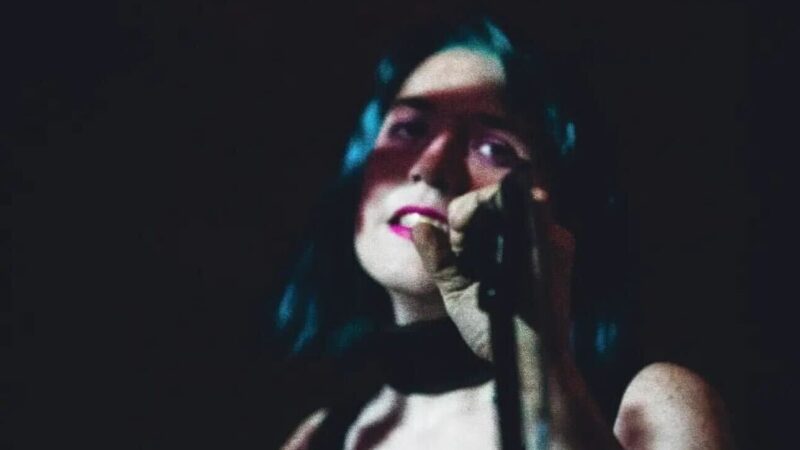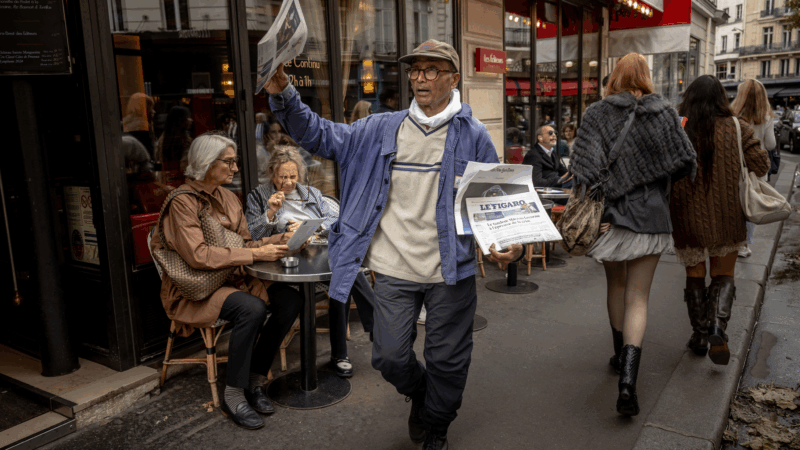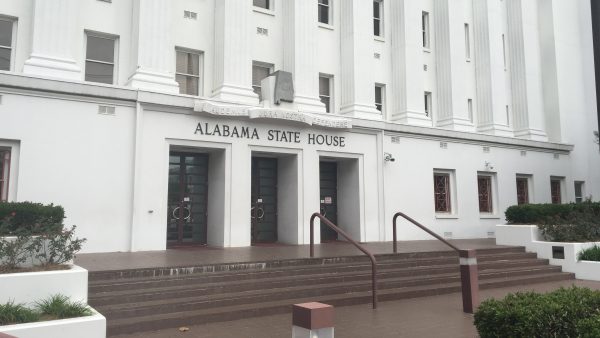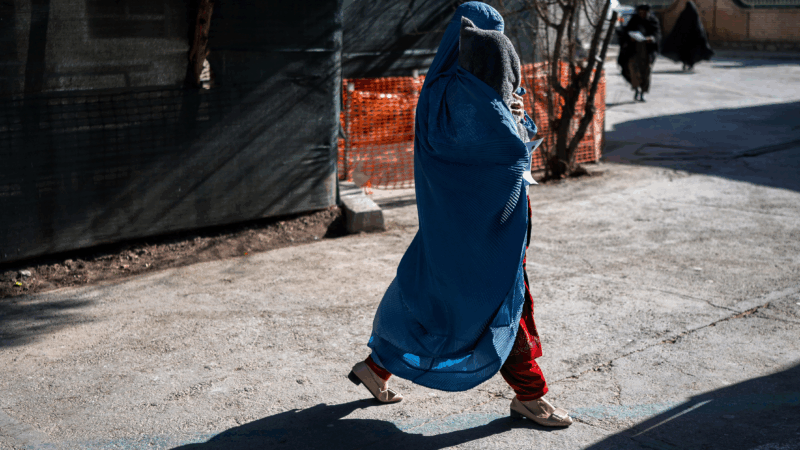LGBTQ community finds a home in Birmingham’s punk scene
By Kelsey Shelton, Reflect Alabama Fellow
Plenty of people are familiar with the sound and look of punk. But not as many are familiar with the importance of compassion when it comes to being a punk.
“It’s about caring zero for what anybody thinks, but 100% for other people and 100% for your place and your space,” said Eric Wallace, creator of the Firehouse Community Arts Center, a nonprofit music school and DIY performance venue in Birmingham’s Avondale neighborhood. Wallace considered the Firehouse his way of upholding punk’s values.
“Owning a building on this street that’s just gentrified completely to its teeth and starting a nonprofit and keeping an all ages venue space alive, that’s my 40-year-old punk self doing what I believe in,” he said.
That freedom helps explain why the punk community in Birmingham has become a refuge for those who identify as transgender or gender nonconforming. The scene is a safe space at a time when legislation, particularly in the Deep South, has targeted LGBTQ groups.
The Firehouse Is a hub for members of Birmingham’s punk community. Sloane Haddock is a member of the band Fauxdeep and a transgender woman. She said the Firehouse is a venue where people are free to truly express themselves.
“It’s a beacon. It’s a bastion. Most cities don’t get to claim a DIY space that has lasted this long,” she said. “It’s a priceless thing for our community.”
DIY or “do it yourself” is an acronym associated with arts and crafts or home improvement, but members of the punk scene call it an ethos. While it does include doing the shows yourself, and creating your art yourself, DIY as a style of performance is about sharing yourself with the audience.
“It’s about the art being an extension of you and sharing that with other people. Having them share your emotions, your thoughts,” Haddock said.
DIY and punk go hand in hand. Though punk doesn’t have a concrete definition, the genre is about performing as your fully formed self.
“So that means your politics, your ideology, your identity,” she said.
Members of Birmingham’s punk scene grew closer through their art. Haddock says they became so comfortable with each other, they were at ease revealing their true selves. This has led to the community becoming an inclusive space for all its members.
Haddock came out as transgender after a few years in the scene. She knew she would be accepted and cared for so, despite hesitance, she felt empowered to come out.
“When I joined the scene, I didn’t present the way I did. I didn’t go by the name I go by,” Haddock said. “But I knew these people and I knew they would accept me and I knew they’d care.”
Francine Karg is a transwoman who works with a few bands, but her solo project is called Domesticatrix.
“It’s very static-ky. It’s very dancey. It’s very electronic body music-influenced, but also with a heavy influence of industrial rock,” she said.
She’s noticed a sense of freedom associated with punk that she hasn’t seen replicated in other music communities. She said punk is about owning that you can do anything without permission or formal training.
As a transwoman who resides in Alabama, Karg is familiar with acting without permission. While punk may be considered a subculture based on transgressing, Karg doesn’t want her identity to be seen as an attempt to defy the status quo. She lives proudly as who she is because she wants to continue normalizing different identities for those who come after her.
“I think that within structures of hierarchy, if that’s something that you’re actively fighting against, which is a fairly punk ideal, I think you also have to look at the way that you, yourself – and that includes within one’s own gender – looks at the hierarchies around you,” she said. “I think that by avoiding conflict and choosing the path of least resistance, you find yourself in this world view of ‘this isn’t my problem. I’ll leave this for someone else to deal with.’”
Like Haddock, Karg found refuge in the city’s punk scene. But this phenomenon isn’t exclusive to Birmingham.
Sarah Gelbard is an urban planner and performer based in Ottawa, Canada. She has written articles about how punk communities cultivate diverse and safe environments. She noticed parallels between Birmingham’s music scene and others around the world – where marginalized groups make space for themselves.
“In some ways, punk is all those marginal and alternative folk who maybe don’t fit among other kinds of established communities,” Gelbard said. “We come together because of our differences, because of shared experiences, of being outsiders, but not necessarily shared experiences of why we’re outsiders.”
She came into Canada’s punk scene later in life, so she’s acquainted with the scary tropes assigned to the genre.
“There is this really deep tension sometimes of the perceived hostility and unwelcoming-ness that protects and guards one of the warmest and most caring communities that I’ve been part of,”Gelbard said.
“So many different communities have so many great legacies of doing that on our own. And what would it mean to have the support of state, to have the support of broader society and to help lift that up?” she continued.
Haddock and Karg feel safe in their music community, but they don’t feel protected by the state. Haddock said traveling 15 minutes outside of Birmingham in any direction opens her up to a more hostile environment.
Karg feels that the sense of danger associated with her identity makes her a target for Alabama legislators. She said if anti-LGBTQ legislation continues to advance, she’ll have to seek refuge elsewhere.
“At what point do I put my own happiness and safety over my comfortability, my career, my friends, my community? At what point do you say ‘hey it’s too dangerous here, I have to go somewhere else?’” Karg said.
She said many of her friends have already fled the state. She has a partner and the thought of having children in a state that will be hostile to their family is daunting.
“It makes me terrified,” Karg said. “Knowing there’s people out there that want you dead because of your gender and are trying to codify that into law as far as ‘how can we disadvantage you in as many ways as possible’ hurts.”
Paradoxically Karg feels strengthened by the conflict. She said scenes with little adversity aren’t as strong of scenes.
“I think adversity acts as a catalyst for folks expressing themselves, whereas in other places they may not have to be as out and proud about it because they don’t have to be,” Karg said. “But I think here in Alabama, at least for me, there’s not really any other choice.”
Supreme Court strikes down Trump’s tariffs
The 6-3 ruling is a major blow to the president's signature economic policy.
The economy slowed in the last 3 months of the year — but was still solid in 2025
The U.S. economy grew 2.2% in 2025, a modest slowdown from 2.4% the previous year. GDP gains were fueled by solid consumer spending and business investment.
Ali Akbar, who’s sold newspapers on the streets of Paris for 50 years, is now a knight
For decades, Ali Akbar has sold papers on the Left Bank of Paris. Last month, France gave the beloved 73-year-old immigrant from Pakistan one of its highest honors — and his neighborhood is cheering.
Bill limiting environmental regulations goes to the governor’s desk
President Trump has taken steps to roll back environmental regulations. Some of that same action is taking place in statehouses, including Alabama's. Lawmakers gave final passage this week to a bill that would ban the state from enacting environmental rules more stringent than those at the federal level. That's where we start our weekly legislative update with Todd Stacy, host of Capitol Journal on Alabama Public Television.
For years the Taliban told women to cover up in public. Now they’re cracking down
At hospitals, at seminaries and on buses, the Taliban is stepping up enforcement of rules on women's dress in the city of Herat.
What I learned watching every sport at the Winter Olympics
Sit down with pop culture critic Linda Holmes as she watches the 2026 Winter Games. She is exhausted by cross-country, says "ow ow ow" during moguls, and makes the case, once and for all, for curling.






